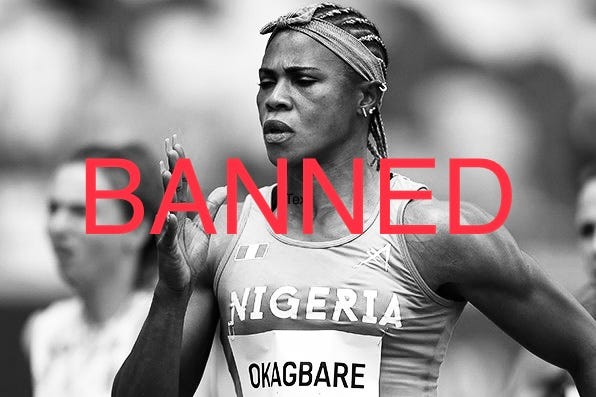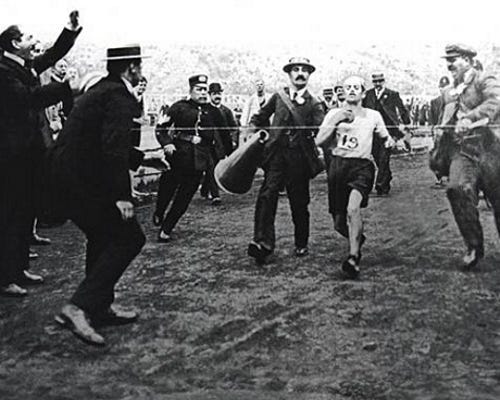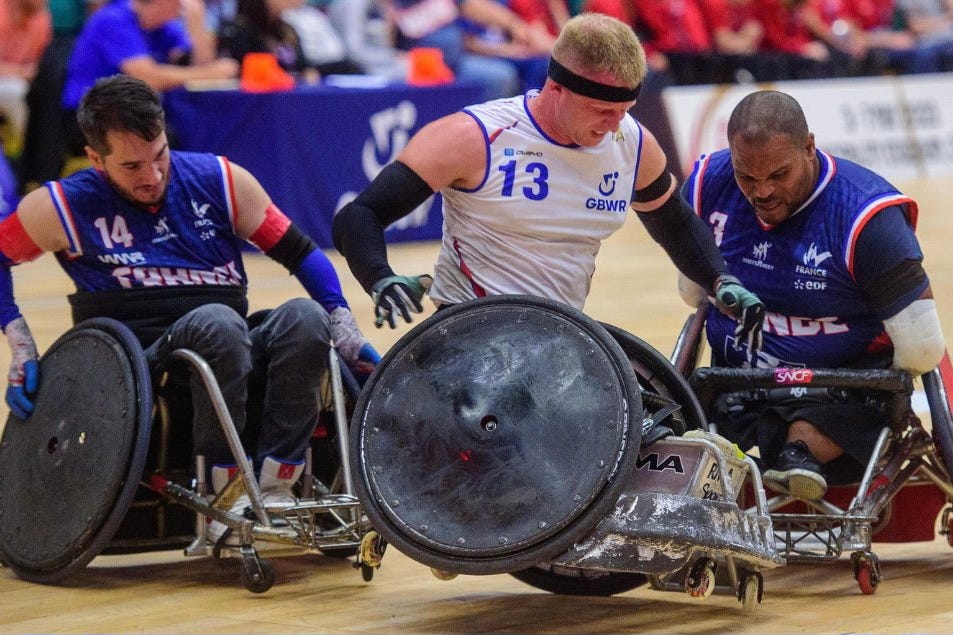The track season is behind us and athletic thoughts now turn to autumn marathons. Berlin, renown world record course, this Sunday. London and then Chicago within a fortnight. New York at the start of November. That’s four of the six marathon majors in seven weekends, and doubtless plenty of competition among race organisers to secure the best talent. Plenty of incentive too for athletes to try and circumvent the anti-doping regulations in their quest for life-changing status and rewards.
World Athletics published its annual accounts earlier this month. The organisation lives an IOC-handout to mouth existence, relying on its share of broadcast revenues from the quadrennial Olympics to balance the books. Last year a chunky 17% of World Athletics’ expenditure went into its Athletics Integrity Unit, an anti-doping and corruption initiative that stands as President Seb Coe’s defining achievement in his five years in office.
But as an international governing body whose modest resources belie athletics’ global stature, this outlay on the AIU still only amounted to $8.8 million. The fight against doping has always been an unequal one - for years the stomach for rooting out cheats was far smaller than the miscreants’ appetite for victory at whatever moral cost. Now, even with leadership’s zeal for clean sport, available funding is simply too slim.
The latest version of World Athletics’ list of ‘global ineligible persons’ runs to around 450 athletes and almost 40 athlete support personnel - coaches and the like. Names on the banned list include Nigerian sprinter Blessing Okagbare whose 10 year exile isn’t scheduled to end until 2031, by which time she will be in her early 40s. Okagbare’s offence became public during the Tokyo Games. There are no Brits, but only because the AIU has yet to decide CJ Ujah’s punishment for his failed test at the same Olympics.
With marathon season upon us, note that almost 40% of those sanctioned are long distance runners. There are 47 Kenyans and 9 Ethiopians in this cohort. Marathon hotbeds both, where the prize money on offer can truly be transformative for an athlete and their family.
While it might be easy to say that World Athletics should do more, the governing body would be justified not only in retorting that previous leaders did less than little by colluding with Russian dopers, but also in pointing out how paltry other international federations’ spending is by comparison. It would certainly be naive in the extreme to assume that a lack of failed drugs tests in other sports indicates that they don’t have a doping problem. If you don’t search, you won’t find.
The UCI’s list of banned cyclists worldwide currently numbers just over 60. This international federation spends around $2 million on anti-doping operations, a mere 5% of its overall expenditure. And this a sport with a notorious doping history.
The global policeman of clean sport is the World Anti-Doping Agency (WADA), which has funding from governments around the world that is matched equally by the IOC. In 2020 this totalled $39 million of income to fund the agency’s activities. It had 144 staff, mainly in its Montreal HQ. Globally, the systems it oversees analysed 314,000 athlete samples across all sports in pre-covid 2019.
WADA declares itself “very grateful” to the IOC for its 50% contribution to its income. Really though the reverse should be true. Trawl the IOC’s latest annual report and you’ll struggle through peppy sections on sustainability, digitisation, Olympism and the like - even two pages on the planting of 355,000 trees in an Olympic Forest in Mali and Senegal - before reaching integrity. WADA barely gets a mention, although the IOC does trumpet the money it gives the agency,
“The Olympic Movement is all about the clean athletes. They are our best ambassadors and our role models. We have to protect them from doping, match-fixing, manipulation and corruption. We have to consider every single cent in the fight against these evils as an investment in the future of Olympic sport.” Thomas Bach, IOC President
At the end of 2021, the IOC was sitting on $3.4 billion of reserves. I don’t think I’m being too churlish in seeing a $20 million annual contribution to WADA as a minuscule investment in the integrity of the Olympics. Multiply it a few times and I might start to take Bach at face value. His final term of office ends in 2025. Anti-doping zealotry may not prove a vote winner in the battle to become his successor. But it should be.
That b’stard 385 yards
I was privileged to meet Queen Elizabeth in 2008 at a reception to mark the 100th anniversary of the first London marathon, staged as part of the 1908 Olympics. In 2018 she started the London Marathon by pressing a button at Windsor Castle, a nod to the 1908 race allegedly being extended by 385 yards at Queen Alexandra’s request so that the royal children could watch the runners set off.
This ‘extra’ yardage has become fixed in the official distance for all marathons. It did for Italian Dorando Pietri on the day, the ‘winning’ athlete famously disqualified for being helped as he neared collapse in the final stretch. It is cursed by many too in marathons around the world, every extra step adding disproportionately to the pain of the race.
The London Marathon’s organisers are masters at creating a sense of occasion around their event. What’s the betting they will be reaching out to the Royal Household to see if King Charles III might be persuaded to venture down the road from his new principal residence to hand out the medals on Sunday week?
Watch Pietri’s collapse in 1908 here
Into the valley
In Cardiff for the wheelchair rugby King Power Quad Nations, I was struck once again by just how well Wales gets disability sport. It stands above the other home nations in my experience. I’m delighted that we’ll be venturing back to Cardiff in May to host the Euros under the roof of the Principality Stadium. Rest assured I’ll be flagging when tickets go on sale.






